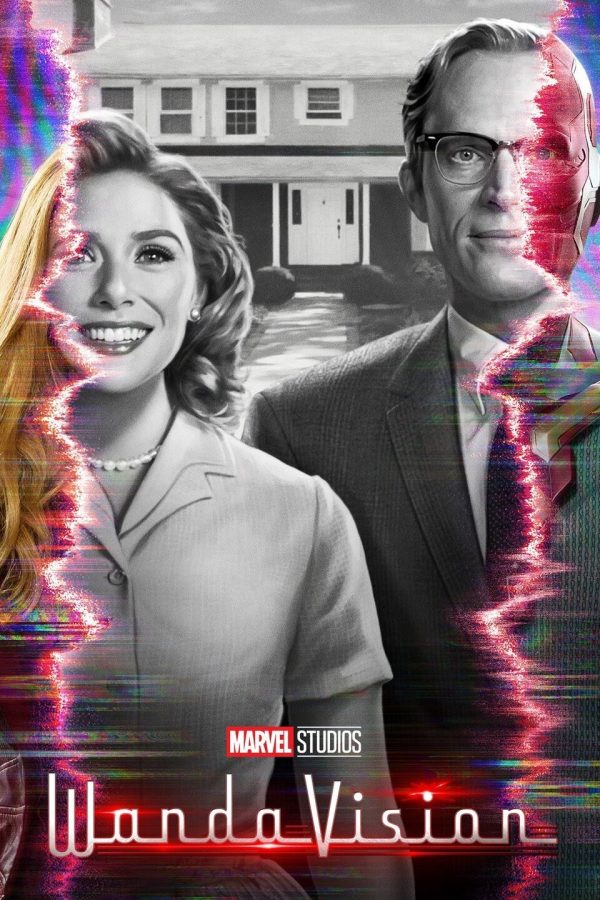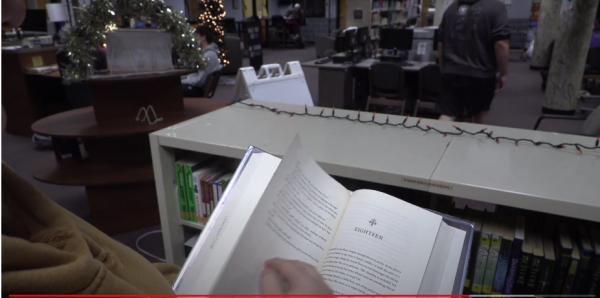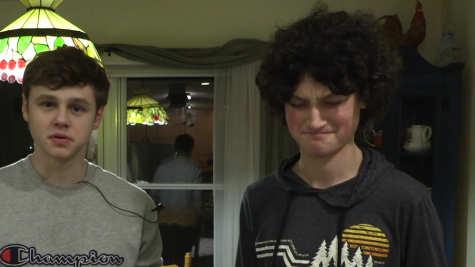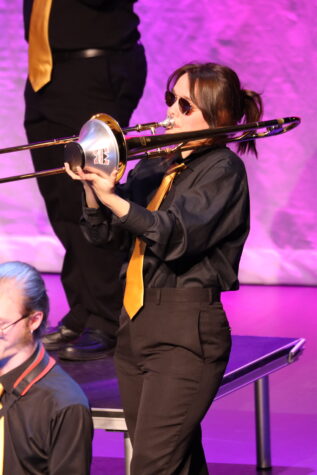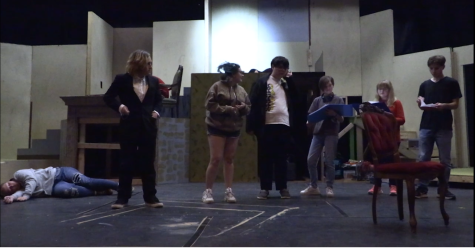WandaVision
Wanda Maximoff (Elizabeth Olsen) & The Vision (Paul Bettany) in Marvel’s WandaVision
WandaVision breaks the mold of most Marvel Studios productions, from being Disney+’s first Marvel TV show to breaking the monotony of typical superhero plots. The general concept is that two super-powered beings, Wanda Maximoff (Elizabeth Olsen) and The Vision (Paul Bettany), are living not-so-normal lives in American suburbia. Each episode plays out in a sitcom-fashion, showing what the two protagonists would be doing if the events of Avengers: Infinity War and Avengers: Endgame had not taken place, as both of these movies had serious ramifications for Wanda Maximoff and The Vision. For example, the first episode mimics the costuming, setting, and even screen formatting of The Dick Van Dyke Show, one of the earliest American sitcoms from the 1960s. Despite the usual lighthearted demeanor of the episodes, an occasional moment of seriousness brings the charm to a screeching halt, bringing along with it an air of psychological horror. Throughout nine episodes, WandaVision sets out to tackle just how Wanda and Vision found themselves in this bizarre version of a sitcom-gone-wrong, as well as redefining storytelling like never before.
*Spoilers for Avengers: Infinity War,
Avengers: Endgame, & WandaVision*
Addressing the elephant in the room, the most jarring part of WandaVision is The Vision himself. For those unfamiliar with the Marvel Cinematic Universe (MCU) timeline, Thanos, the main antagonist of Avengers: Infinity War killed The Vision at the end of the movie. Using the Mind Stone that he pried from Vision’s head, Thanos proceeded to wipe out half of all life everywhere at random. This also killed Wanda, who was later resurrected in Avengers: Endgame. While most characters were saved the same as Wanda, this cannot be said for Vision. This raises some serious red flags for the continuity of the MCU, seeing as he is alive and well (or online, considering he’s a synthezoid) in WandaVision. While this seems like a rather large oversight from the creative team who directs Marvel Studios, the cryptic and serious moments that are scattered in the first few episodes show that something much more sinister is going on behind the scenes. Meanwhile, Monica Rambeau (Teyonah Parris) and Jimmy Woo (Randall Park) are investigating this strange occurrence from the outside on behalf of S.W.O.R.D., an organization dedicated to sentient weapons and the counterpart to S.H.I.E.L.D.
It becomes increasingly obvious as the show progresses that not every character is completely oblivious to the strange circumstances surrounding them. There are several times when Vision questions the way certain events play out, almost as if they are scripted, and Wanda becomes increasingly agitated in moments when dialogue breaks away from that of sitcom banter. Considering that the MCU draws heavy inspiration from the comic books that preceded it, the easiest answer to these bizarre anomalies is Wanda herself. In the comics, specifically, a volume titled House of M, Wanda goes insane with grief and creates a reality in which she can be with her loved ones. She puppeteers this false reality, making certain people act out specific scenarios and even causing some to appear out of thin air. Between Vision’s death and Wanda’s violent confrontation with Thanos, it is clear that she is in an extremely vulnerable position, meaning that it’s more than likely that the events of WandaVision are entirely her doing.
*End of Spoilers*
WandaVision certainly has quite a bit going for it in the scheme of the MCU. Coming off of the success of Endgame and piquing interest as the first Marvel TV series, the show is already changing the usual narrative in the best ways possible. Experimenting with a concept as strange sitcoms and making audiences sit on the edge of their seat with anticipation. “I think it’s brilliant! I love the juxtaposition of the simplistic TV sitcom is perfect and the dark undertones of Wanda’s reality”. WandaVision has rung in a new age for superheroes everywhere. The show is full of easter eggs upon easter eggs, and by straying from the usual black and white moral concepts, it allows WandaVision to depict more sincere and relatable feelings. Although each episode is shrouded by a thick layer of sitcom drama, the characters are still as real and familiar as ever. As one faculty member put it, “Although there are supernatural elements, it’s still grounded in a reality we can all identify with – loss and grief”. The story is truly about Wanda and her struggle with depression and loss, and Vision’s lack of self-identity and purpose. These are issues that people everywhere face, and having these relatable storylines can make even the most fictitious of characters seem real.
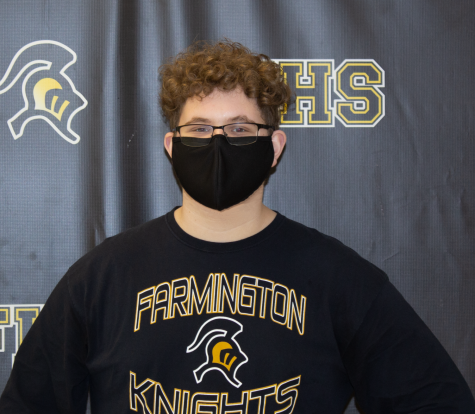
Interests: Reading, Writing, Watching Netflix
Quote: “What I hear when I’m being yelled at is people caring loudly at me.” - Leslie Knope
Theme...

